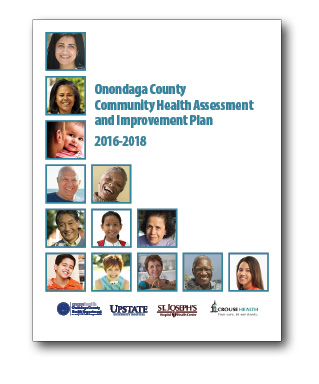The Onondaga County Health Department, in cooperation with local community partners, will be offering rabies shot clinics at the following locations during the months of March through May 2017:
•Saturday, March 4th, 10:00 am – 12:00 noon
SPCA, 5878 East Molloy Road, Mattydale
•Thursday, May 4th, 5:00 pm – 7:00 pm
Clay Highway Garage, 4483 Route 31, Clay
•Thursday, May 18th, 5:00 pm – 7:00 pm
SPCA, 5878 East Molloy Road, Mattydale
•Thursday, May 25th, 5:00 pm – 7:00 pm
NBT Bank Stadium (Lobby), 1 Tex Simone Drive, Syracuse
Please remember to keep your pets on a leash (or in a carrier) at the rabies clinic and keep them close to you. Also, please bring your pet’s past shot records. New York State Public Health law requires that all puppies and kittens get their first rabies shot at three months of age. They also need to get a booster shot at one year old and then again every three years. Ferrets must get a shot every year.
All shots are free for Onondaga County residents. A voluntary donation per family is appreciated. Additional rabies shot clinic programs will be offered throughout the year. For a complete rabies shot clinic schedule or for more information please call 435-3280 or visit: /health/documents/RabiesClinicSchedule.pdf


